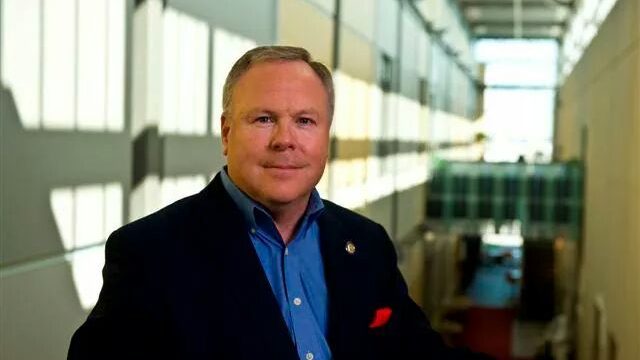Bill Would Limit Lawmaker Access To Open Records

“The Legislature shouldn’t do anything to weaken the state’s open records and open meetings laws,” writes the Bismarck Tribune’s editorial board today.
They’re writing about two bills I’ve covered previously.
SB2153, introduced by Senator Don Schaible, a Republican, would make public records related to teachers accused of crime off-the-record until the issue is settled in court.
[mks_pullquote align=”right” width=”300″ size=”24″ bg_color=”#000000″ txt_color=”#ffffff”]”Because it seems some people believe that the way to fix the problems in the university system is to block attempts at uncovering those problems.”[/mks_pullquote]
SB2134, introduced at the behest of the North Dakota University System, would make president evaluations as well as all materials used in those evaluations a private record. It would also allow that any meetings at which those evaluations are discussed be closed.
But there’s a third bill which represents a major assault on public records. It’s SB2222, introduced by Senator Tim Flakoll (himself a university system employee at his day job), and it would put a dollar cap on the number of open records lawmakers can request. It would also make all open records requests made by lawmakers a public record (currently lawmakers can make requests through Legislative Council and remain anonymous).
Because it seems some people believe that the way to fix the problems in the university system is to block attempts at uncovering those problems.
Making lawmaker requests for records a public record doesn’t bother me that much (as a citizen my frequent open records requests are public), but what’s truly problematic is the cap on costs. Here’s the text of the law:
In plain English, what this means is that every lawmaker request for public information will first be met with a cost estimate from the agency or department which holds the records. the lawmaker would then be capped at $5,000 worth of requests in any given biennium.
Perhaps this sounds reasonable – I think it’s fair to say that there have been times when lawmakers have made extremely broad and costly requests for public information – but as anyone who has made public records requests of public entities who are hostile to giving up the info knows, there are a lot of different ways to inflate the cost of even the simplest requests.
[mks_pullquote align=”left” width=”300″ size=”24″ bg_color=”#000000″ txt_color=”#ffffff”]”Back when Hamid Shirvani was still the chancellor of the North Dakota University System he told me of a meeting where NDSU President Dean Bresciani informed colleagues that the best way to deal with my requests for public information was to inflate costs.”[/mks_pullquote]
Back when Hamid Shirvani was still the chancellor of the North Dakota University System he told me of a meeting where NDSU President Dean Bresciani informed colleagues that the best way to deal with my requests for public information was to inflate costs. His advice was to interpret my requests as broadly as possible, and then pile on a bunch of hours of search time and lawyer review for redaction, so that my request would be met with a big bill I’d be unlikely to pay.
Given that bureaucrats like Bresciani aren’t exactly known for their skills in the area of innovation, you really have to admire the tactic. But it’s a tactic we should keep in mind when it comes to SB2222.
What has inspired some of the titanic requests for information from lawmakers in the past is the lack of trust between those lawmakers and the university system. If lawmakers (and members of the public such as myself) felt like we could trust that open records requests would be honored in an honest fashion then there’d be little need for titanic requests for information.
Apologists for the university system would have us believe that the problem is lawmakers on fishing trips, not entrenched bureaucrats hostile to transparency. That’s backward.
I sympathize with state agencies who must comply with enormous requests for records, but in my experience those issues can usually be handled best by forthright dealings between the holder of the records and the requestor.
We don’t need SB2222. What we need is an attitude adjustment among university system bureaucrats when it comes to open records.





